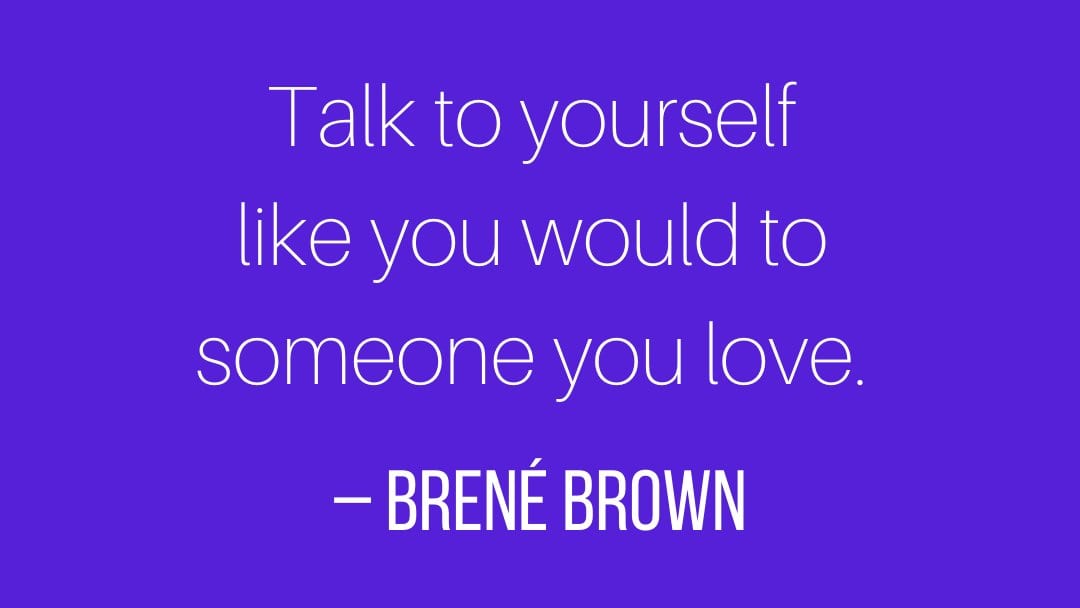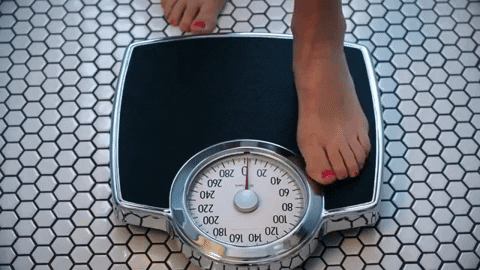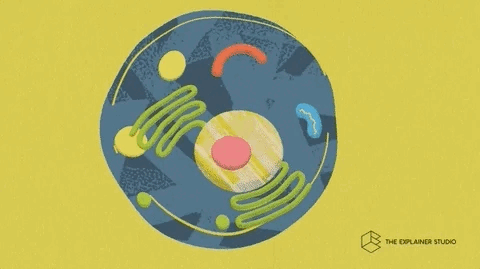
The strong connection between your hormones and mental health
This week, we’re listening to NPR’s special series on the deep connection between hormones and women’s mental health, with a special highlight on the perimenopause & menopause transition. With growing evidence exploring the close link between the two – including a study published last week showing potential genomic links between estrogen and anxiety/depression – it’s time we stop treating “hormonal” as a dirty word, and start having open, honest conversations about women’s mental health.
Sadly, twice as many women suffer from depression than men, and women aged 45-54 have the highest suicide rate across the decades. No matter what stage of your perimenopausal or menopausal journey you’re in, we’re here to here to remind you that you’re not alone. And what you’re feeling is entirely normal.
Hormonal changes impacting your mental health? Try out a short list of our favorite ways to combat ups and downs:
- Practice gratitude—studies show that a daily gratitude practice or journaling can literally rewire the brain.
- Adjust your diet—we are what we eat. Reducing alcohol, sugar and caffeine—even if slightly—can have a massive impact on your mental health.
- Cognitive behavioral therapy—often referred to as CBT, this practice has been shown to reduce not just depression, but sleep disorders and hot flashes.
- Share your story—schedule one-on-one time with a friend. Studies show that adults with good friendships live longer.

Feeling overwhelmed and need to talk to someone? Connect with a trained counselor at Crisis Text Line by texting “HOME” to 741741 (free), or call the National Suicide Prevention Lifeline at 1-800-273-8255 (24/7 coverage).
We’re also talking about:
PSA for mothers of teenage daughters: New gynecology guidelines announced annual pelvic exams “unnecessary” (!)
Sex power: New study out of the UK finds women who “engaged in weekly sexual activity” were 28% more likely to prevent early menopause.
The science of (un)happiness: Economists identify 47 as the unhappiest age for those living in “advanced countries”. The good news: the happiest times are yet to come!
Sign up for the Elektra Digest to receive our weekly Hot Topic, delivered straight to your inbox. #NoPseudoscienceAllowed
Updated: May 12, 2020


